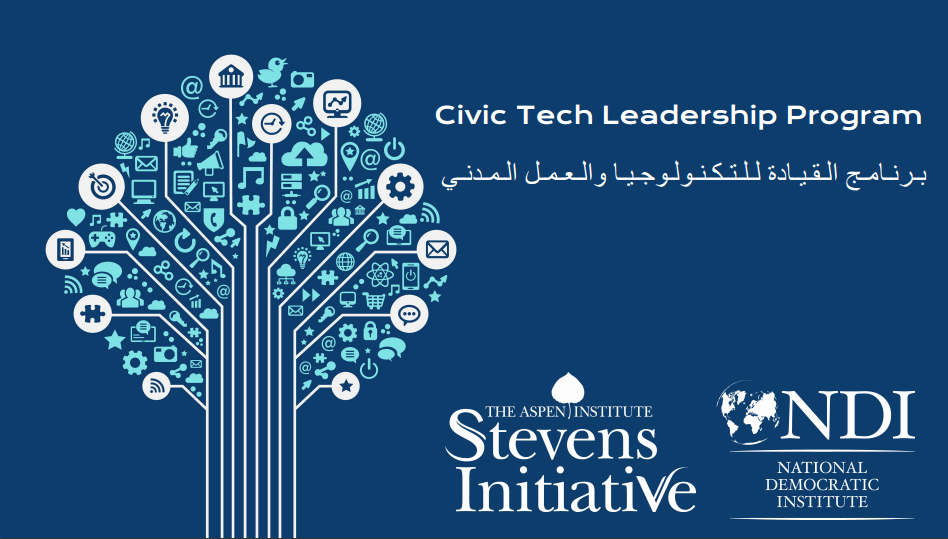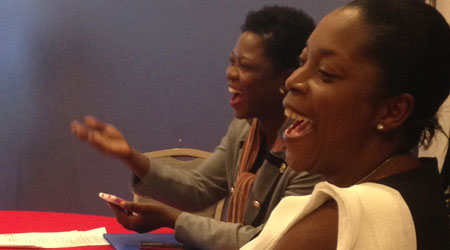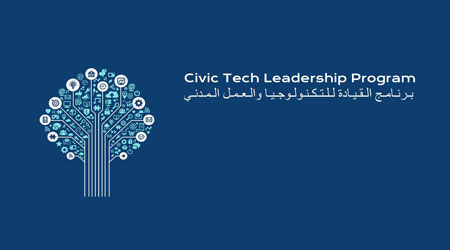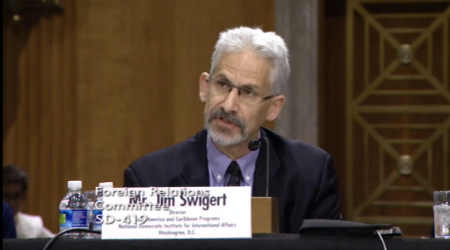Through a 2011 law, the government established the Unit for the Care and Reparation of Victims (Unidad para la Atención y Reparación Integral a las Víctimas, Victims Unit), charged with supporting victims to participate in policy design and implementation, and for helping establish democratically-structured “Victims Participation Roundtables” (mesas de participación efectiva de víctimas, VPRs) in each of Colombia’s 1,122 municipalities and 32 provinces to work with authorities to address victims’ grievances. These victims include those who experienced torture, kidnapping, displacement, sexual violence, murder of a family member, or other serious crimes. As marginalized populations are often disproportionately affected by violent conflict, the VPRs reserve seats for vulnerable groups such as women, Afro-Colombians, indigenous peoples and lesbian, gay, bisexual, transgender and intersex (LGBTI) individuals. The VPRs also provide a mechanism for victims to have a voice in public policies regarding issues that impact them, such as reparations and land rights.NDI and partner organizations also developed a manual to guide VPRs to effectively monitor, evaluate and conduct oversight of public policies related to the Victims Law. Other international organizations, government institutions and VPRs around the country have used this manual.





